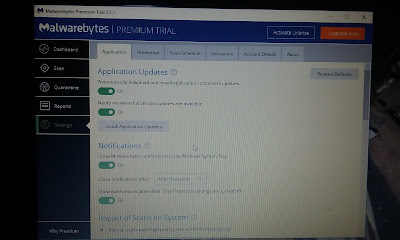by Remez Sasson
What is time management?
It is a set of principles, practices, skills, tools and systems that help you use your time to accomplish what you want.
Why is time management important?
Time management is important for your personal life and career success. It teaches you how to manage your time effectively and make the most of it.
Here are a few of the reasons why it is so important, and how it can help you use and manage your time more advantageously:
1. Time is a special resource that you cannot store or save for later use. Everyone has the exact same amount of time each day. Time not well used cannot be retrieved.
2. Most people, feel like they have too much to do and not enough time. They blame lack of time for their poor finances, stress, bad relationships, and for not exercising their body.
Wise time management can help you find the time for what you desire, and for what you need to do.
3. You need time to get what you want out of life. If you wait for extra time to appear, you might lose the game of life. Through right time management, you can “create” the time you need, and not just wait for it to come. By planning your time wisely, you will have more time to do more things.
4. Time management will help you set up your priorities.
5. Time is limited to 24 hours a day, so plan your life wisely.
6. Time management helps you make conscious choices, so you can spend more of your time doing things that are important and valuable to you.
7. You can learn to find the time for the things that are important to you. Even a small amount of time once a day, or even once a week, will take you closer to your goals, and you will be surprised at the progress you make.
8. You become more productive using improved time management skills and tools, and can accomplish more with less effort and time. Time management can help you reduce wasted time and energy, help you become more creative and productive, and enable you to do the right thing at the right time. This will of course lead to more balance and fulfillment in your life.
9. Life today presents so many distractions, and therefore, it is very easy to lose time on unimportant activities. Ask yourself, is watching this or that TV program, reading this or that gossip or participating in a certain activity is going to add anything to your life. Is the time spent on a particular activity well spent, or is just a waste of time and energy?
10. Life puts in front of everyone so many choices each day, and the question is, do you follow what appears on your way, or do you consciously choose what you want to do? Do you allow external distractions to deter you from your goal, or do you use willpower and self discipline to walk toward your goal in a straight line, without wasting time and energy?
11. A certain degree of detachment and inner peace are useful in managing your time effectively. They help you avoid spending too much emotional and mental energy on what people say and think about you. They help you stay calm, despite distractions or difficulties, and this saves you a lot of time and energy, which you can spend on better and more rewarding activities.
There are many things you can do and tools to use to manage your time effectively. There is a lot of time wasted each day, which can be put to better uses. There are changes you can make, which will effectively increase the time you have at your disposal every day.
Thinking, planning, finding out how others manage their time, and reading books and articles on time management, will develop these skills and give you good ideas.
Among the many changes that you can make to manage your time, there is one that is important and easily available, and that is getting up early in the morning. Give up watching TV late at night and go to sleep a little earlier than usual. It will then be easier to wake up earlier.
Even waking up only 15 minutes earlier would be great. It is a time of quietude, before everyone else wakes up, which you can devote to reading, meditating, exercising, or planning your day.
To get rid of the feeling that you have much to do and not enough time, try to feel and to think, as if you have all the time in the world.
This kind of thinking would enable you to focus on what you are doing, without stress and strain.
Always plan your time well and don’t waste it on useless matters. Be careful not to procrastinate, and do everything in the best way you can, with focus and attention.
Don’t have enough time in your day? Do you want to learn how to manage your time? Learning about time management can help you manage your time more efficiently.





























